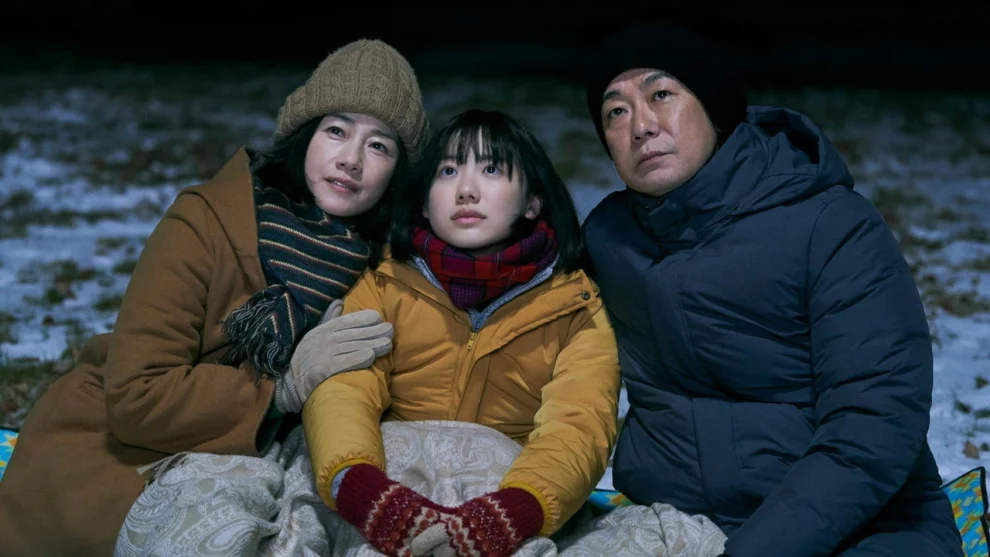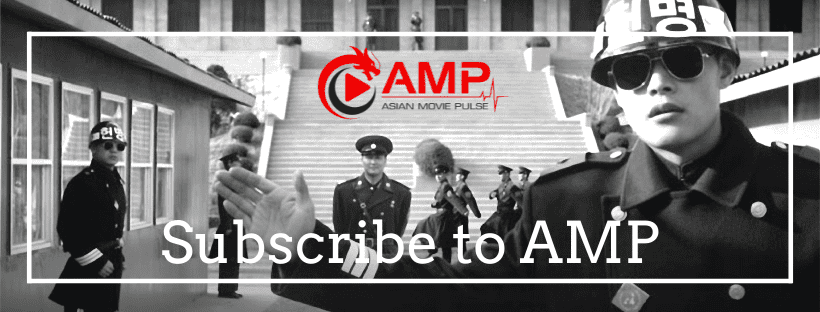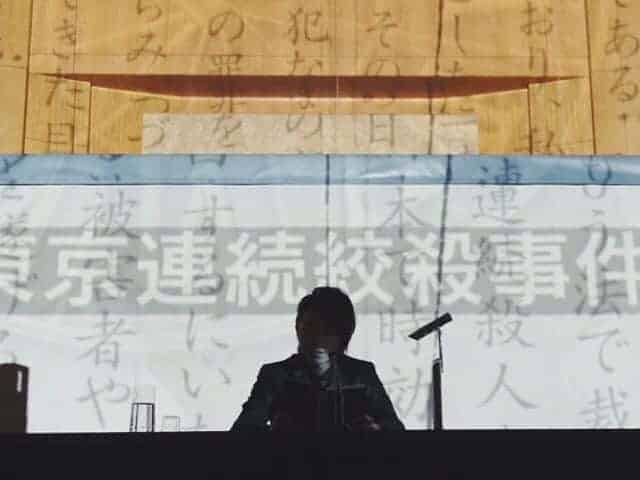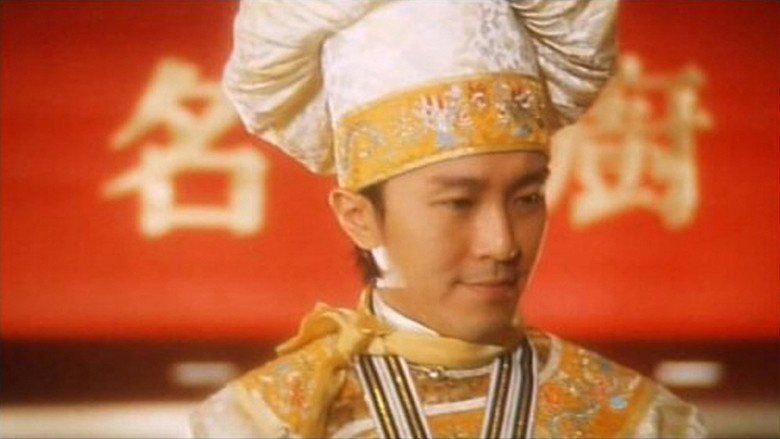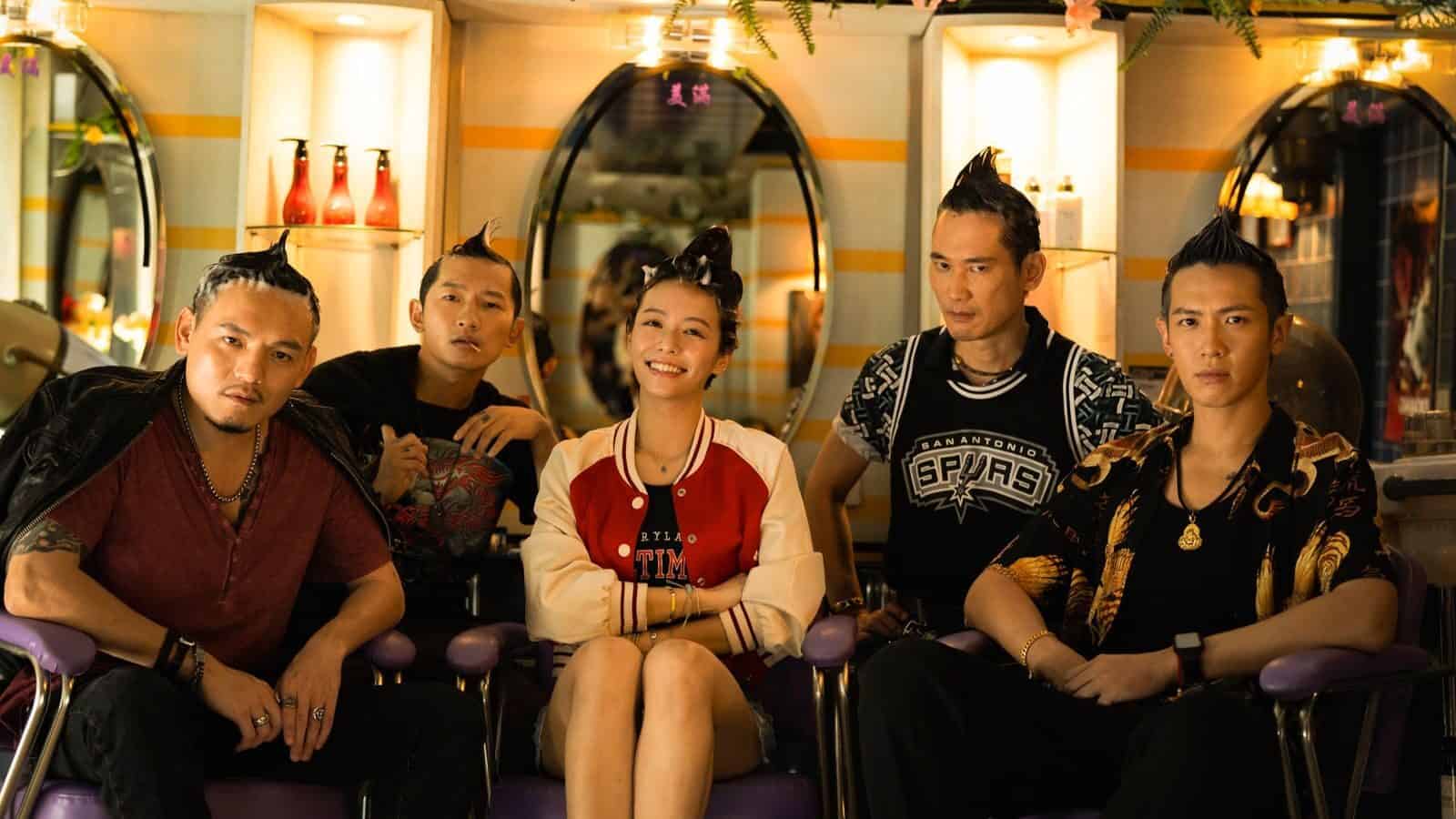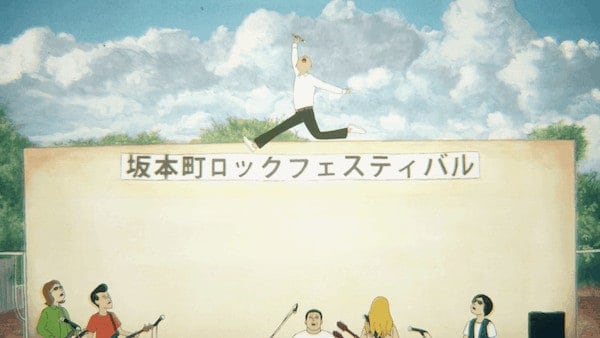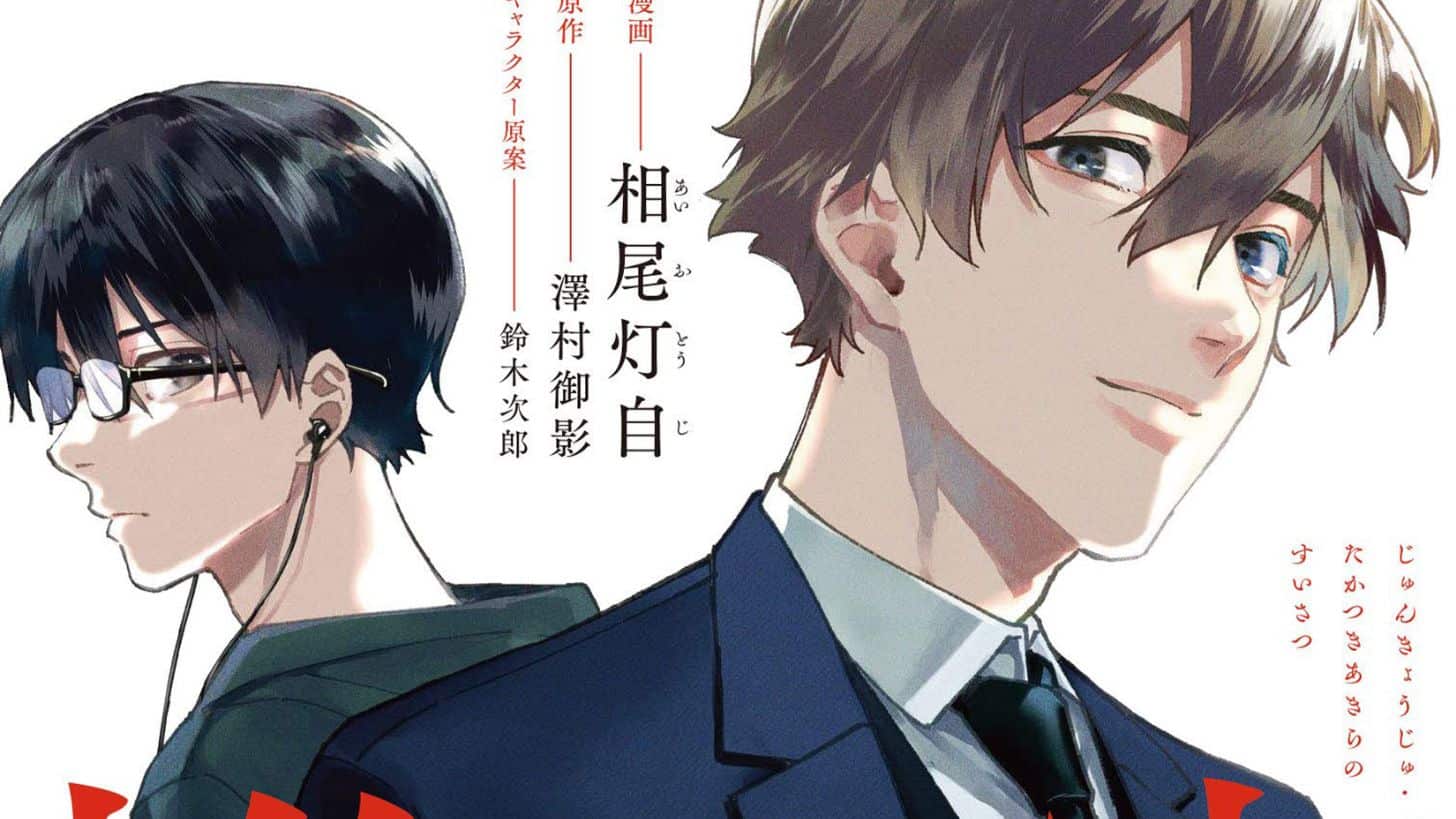Atsushi Omori's interest in the various aspects of religion became evident from his “blasphemous” debut, “Whispering of the Gods”, back in 2005. Although his style has developed exponentially since then, the interest on the topic and of people living on the borders of society remained, and “Under the Stars” highlights the fact in the most eloquent fashion.
“Under the Stars” is screening at Nippon Connection
The story is based on Natsuko Imamura's novel “Hoshi No Ko” and revolves around Chihiro, who, as the movie begins, is a baby suffering from eczema. Her parents try to find a cure, but nothing works. That is until a colleague of her father gives him some water from a strange religious group that eventually is proven to be a cult. Chihiro is actually cured, and her parents begin to follow this religion, becoming fervent followers. Years later, Chihiro is a student in the 3rd grade of junior high school, her sister, who was already a teenager when the aforementioned events took place, has left the house after constant fighting with their father, while her parents continue to follow the cult. Gradually, the girl begins to question their ways, while she also develops a crush on her homeroom teacher, Minami.
Omori deals with a very interesting concept, with the fate of children that grow up inside a cult being the main subject here, followed by the reasons people join these organizations, and the impact their choice has in theirs and their family's lives. The way he combines the coming-of-age element of the movie, as Chihiro feels the first impact of love while realizing that her way of life is not exactly the norm, emerges as the most interesting aspect of the movie, both in terms of entertainment but also of context. The scene where these two notions clash is the most impactful in the movie, and essentially the turning point towards the intensely dramatic, which permeates the narrative after this. Also of note, again in the same fashion, is the behavior of Chihiro's uncle, her mother's brother, who tries to “save” both his sister and his niece from the clutches of a cult he believes was brought in by his brother-in-law, with the water trick scene being the second most impactful in the movie.
As such, the presentation of life in the cult emerges as rather thorough, also in the way Omori explores Chihiro's childhood and her time in the particular school, in a style that highlights that racism and bad teaching can exist no matter the type of education. That Minami, despite his initially cheerful and caring attitude, eventually also behaves in rather bad fashion, emerges as a rather realistic comment, that also adds to the way people perceive cults. At the same time, the ridiculousness of such organizations also becomes evident, with the water rituals Chihiro's parents perform daily being presented in the most mocking fashion, while their attitude towards their child, even if loving, is also revealed as a forceful one that essentially torments the girl instead of helping her. In somewhat contradictory fashion, the final scene highlights the fact that both her parents love the girl intently, while some sort of balance can actually be found even in a setting such as theirs.
The overall comments are quite interesting, if somewhat unclear on occasion, since Omori seems to accuse almost everyone surrounding Chihiro only to absolve them in a way, but the main problem here is with the narrative, particularly in the beginning, where the many flashbacks and flashforwards end up being somewhat confusing. As such, Ryo Hayano's editing emerges as faulty in that regard, although the overall pace is quite fitting to the aesthetics of the movie. Furthermore, the somewhat light approach to the subject on occasion, does not work particularly well considering the dramatic base of the story, while Chihiro's sister's arc could be explored more, since it does seem rather interesting and could shed more light to her father's persona. .
On the other hand, Kenji Maki's cinematography is quite good, highlighting the different setting the story takes place in with meaningful realism, with the “peaking” scenes in particular being quite intriguing. The brief animation sequences also work well, as much as the many sketches Chihiro keeps in her diary. Mana Ashida's performance is the other treat here, with the way the former child-actress has developed her art being a wonder to look at, with her essentially carrying the whole movie on her shoulders. Masatoshi Nagase as her father is as convincing as always, with the same applying to Tomoyo Harada as her mother. Masaki Okada as Minami is also convincing in the role of the teacher.
“Under the Stars” has some faults in the overall presentation of the story, but its main theme emerges as quite interesting and the many impactful dramatic moments are bound to retain the viewer's interest from beginning to end.


